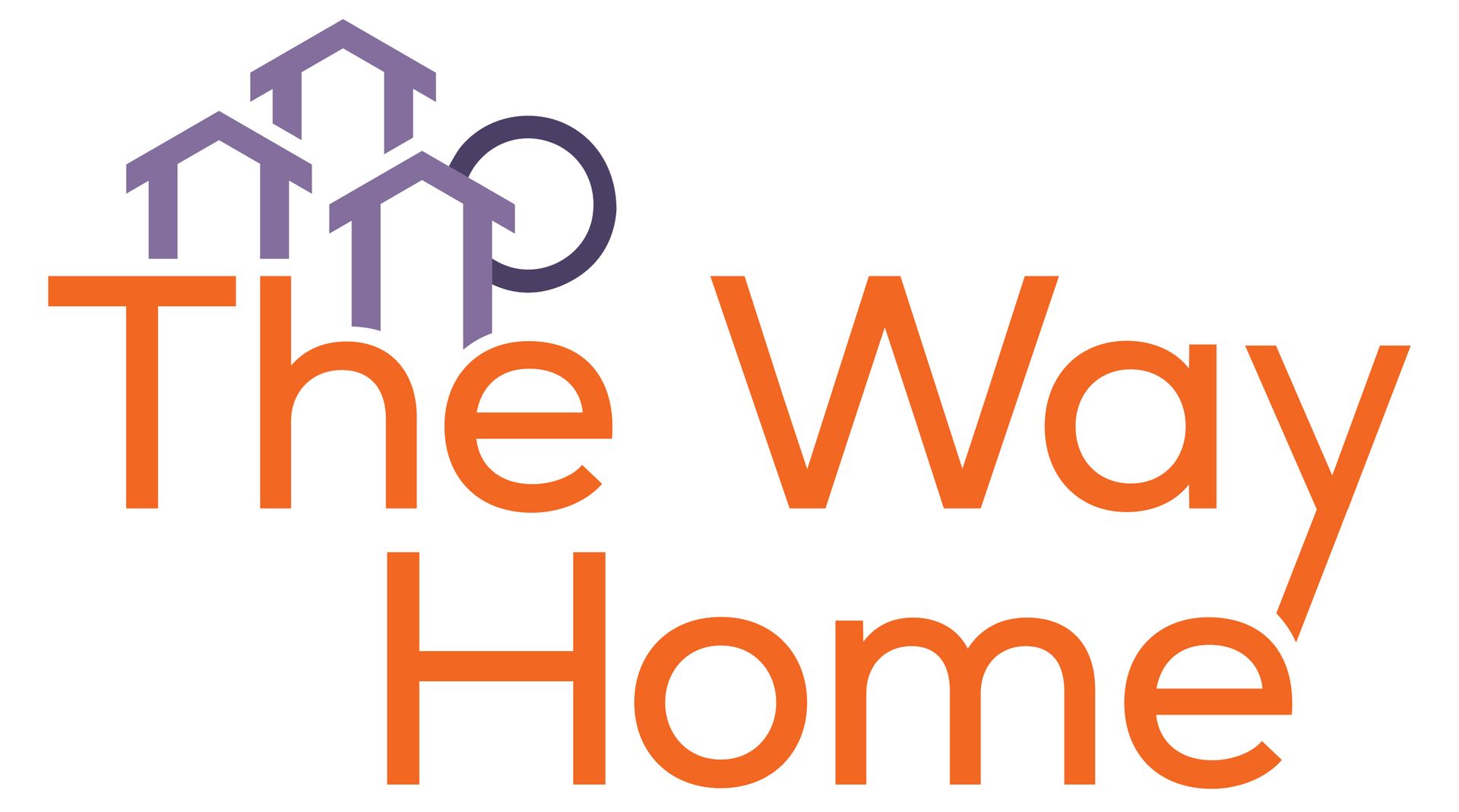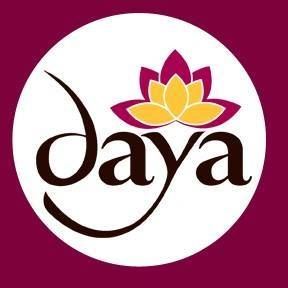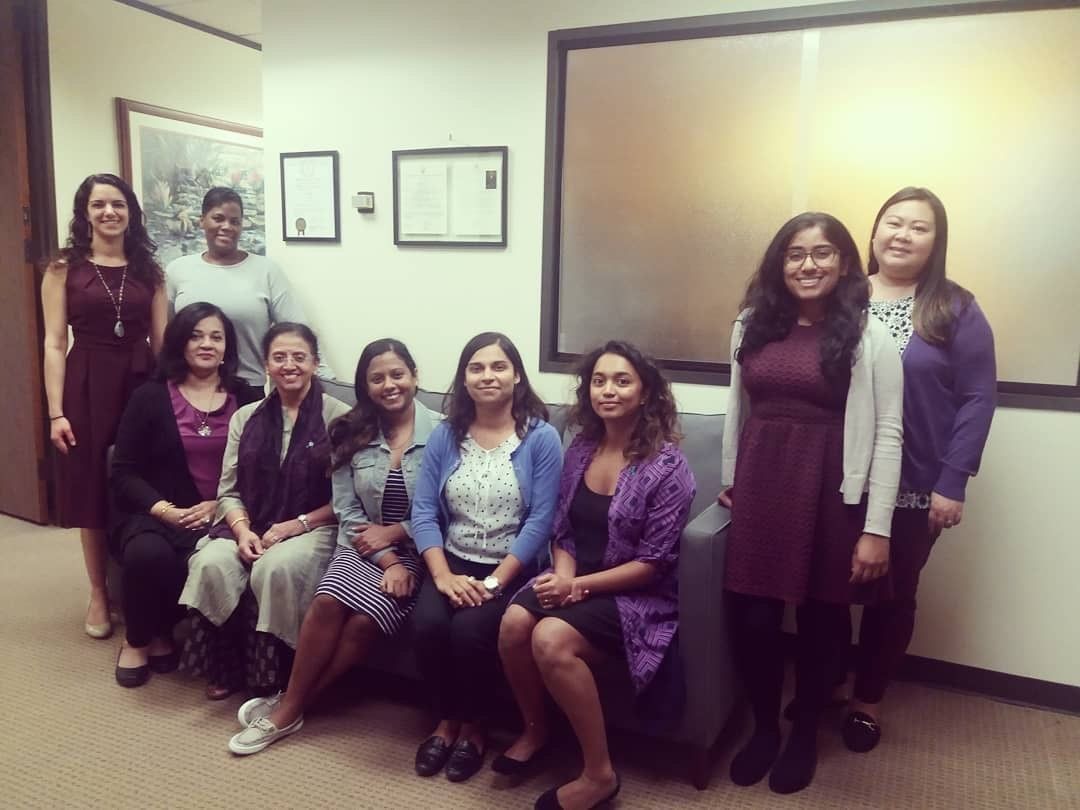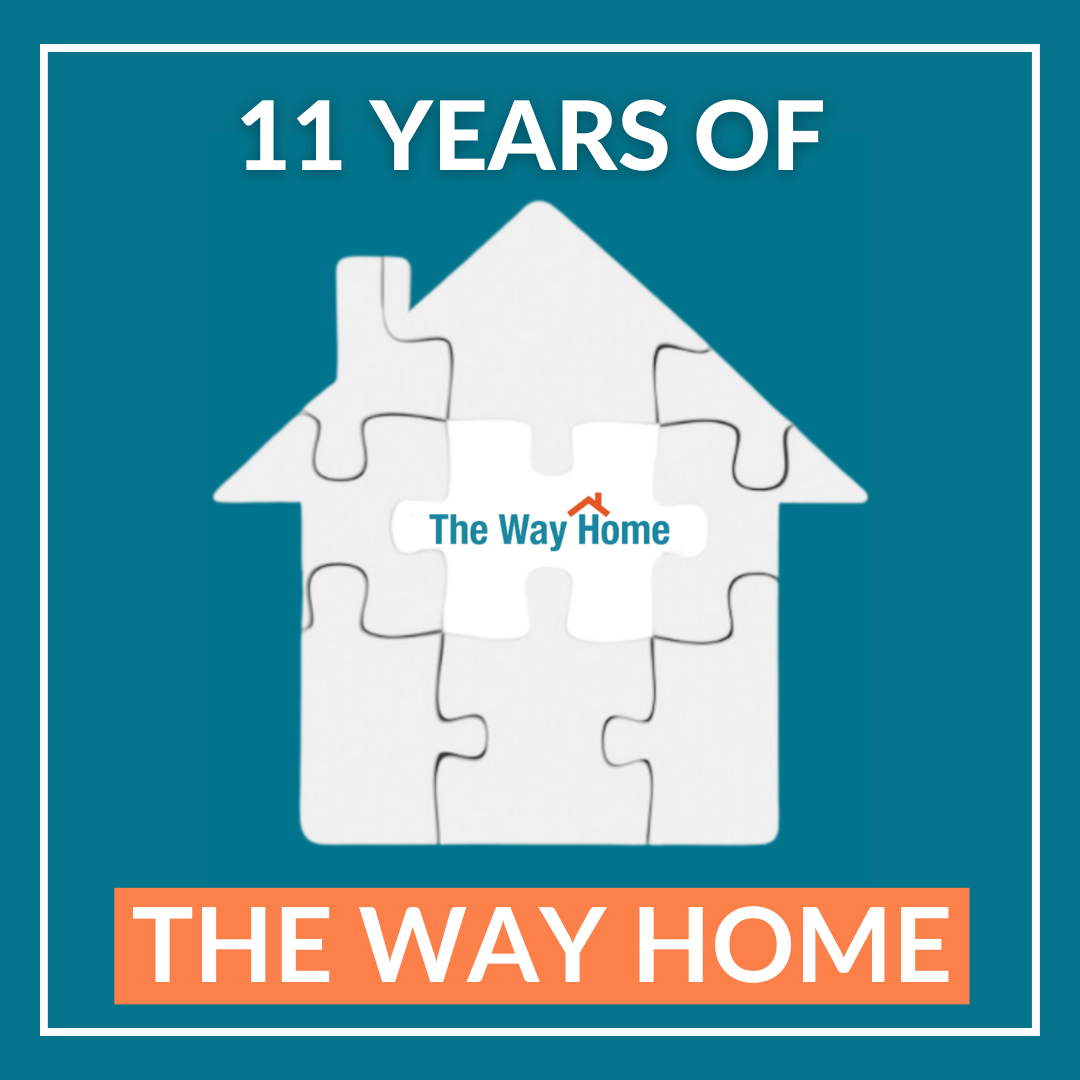Daya Houston is an organization that works to empower South Asian survivors of domestic and sexual violence with culturally specific services to address their mental health, housing, legal, and case management needs. In 1996, a young South Asian Woman living in Fort Bend County shot and killed her abusive husband and tragically killed herself and her children. As a response, seven Indian women – all of whom were immigrants to the United States – founded Daya Houston. It started with a volunteer helpline, a number they still have today, and would offer emotional support to survivors, as well as meet in secret to create a safety plan when they were in need.
After 20 years, Daya now has nine full-time staff and provides licensed, trauma-based counseling. They work to ensure no survivor falls through the gap because of language barriers, immigration status, or case management needs. This is done through direct client services, which reach over 400 survivors annually, and provides education to the immigrant and mainstream communities. Daya is DOJ accredited to assist survivors in immigration status changes, legal support through a highly competent legal clinic, and housing to survivors through donor funds and Rapid Re-housing (RRH)




